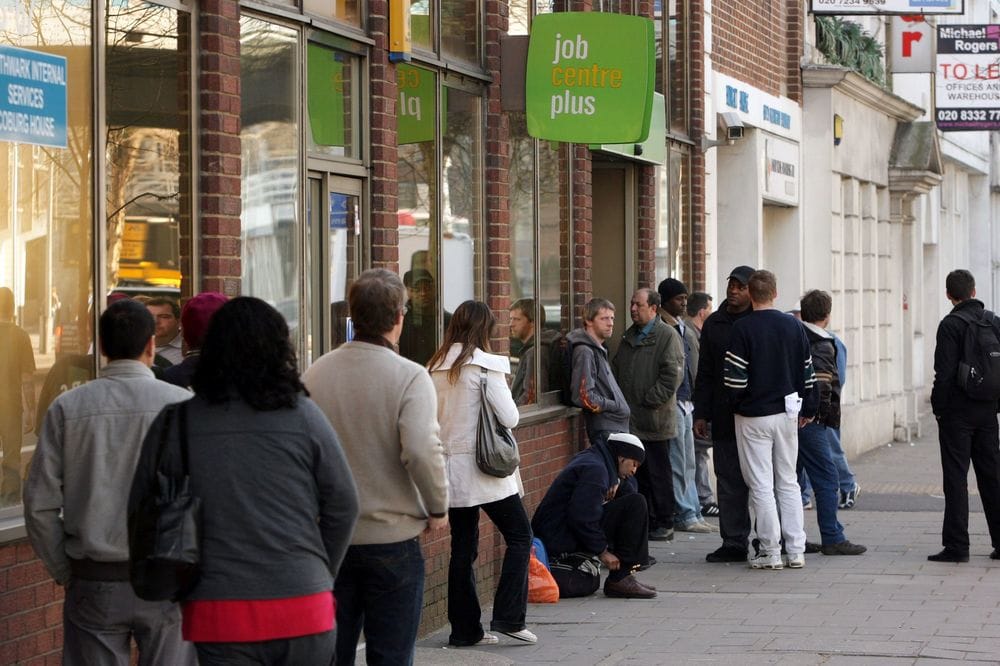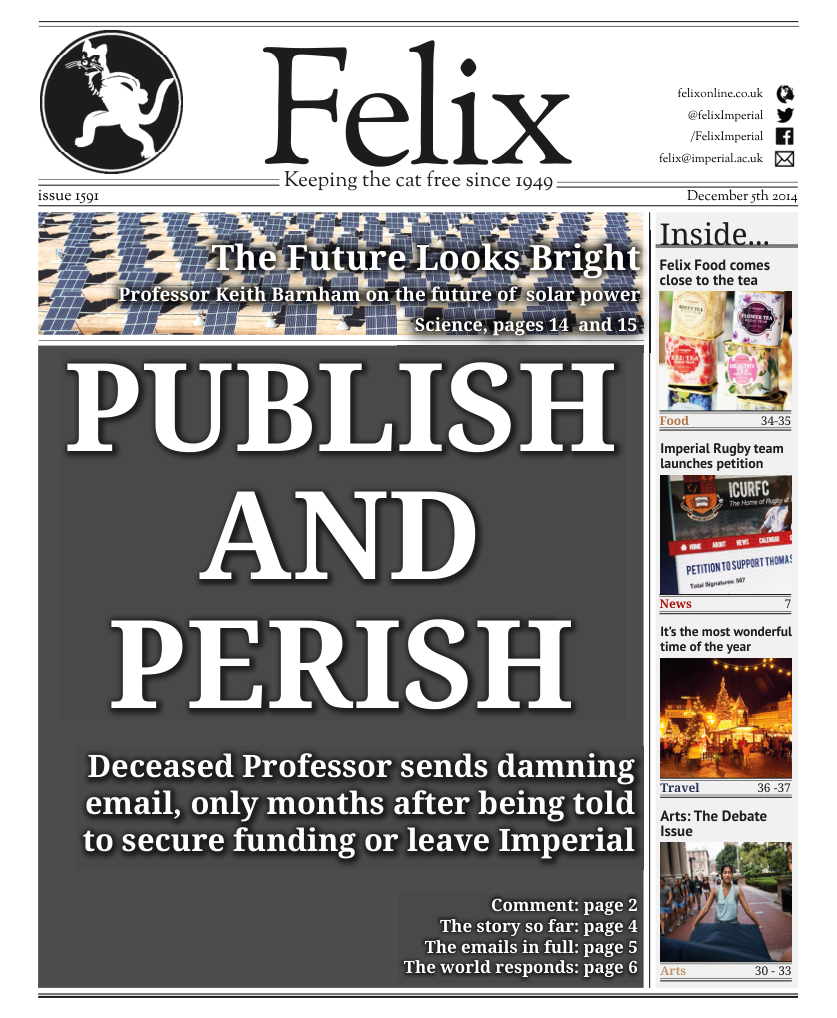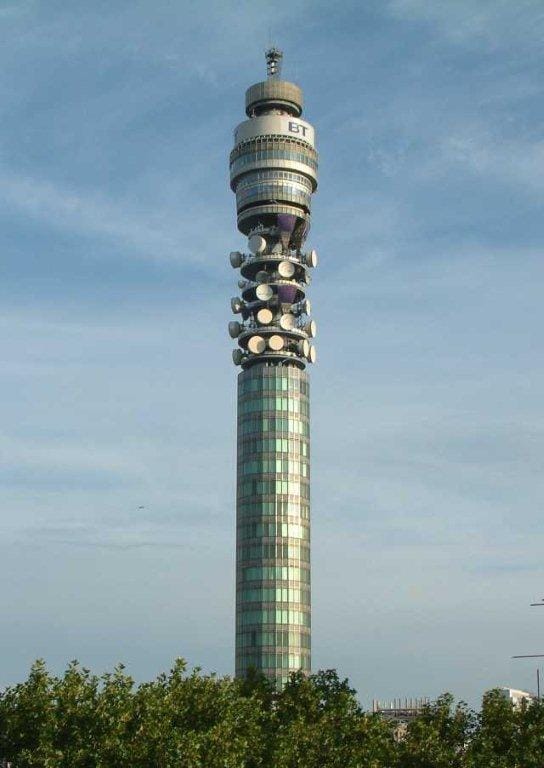What does the economy have to do with me?
Samuel Bodansky asks how our economy affects the individual

One question commonly asked of economists is “as a member of the public, what exactly does the economy have to do with me?” People often feel that as individuals, they are fighting personal battles against household bills or focusing on their own consumption, rather than being part of a larger group or society.
The reality is that the general wellbeing of an economy has a strong impact on every one of its members. As individuals, we often use banks and have an interest in companies, which rely on the corporate system and the financial system. In fact, when we become involved in the larger infrastructure of the corporate world, we are at the whim of the fickle nature of markets and macroeconomic swings.
Macroeconomic issues such as growth and inflation, as well as the value of the local currency, can change the lives of everybody in the country. Low growth and inflation can lead to banks adjusting their interest rates, which affects homeowners, businesses or any entity with a bank account. Interest rates can be volatile and can also change as the result of monetary policy: Mark Carney could increase the base rate of interest of the Bank of England from their current record low of 0.5%, which would theoretically increase the interest rates of high street banks.
Perhaps, however, the most direct way in which people are affected by the wider economy is through their employment status. One key problem with low growth or even a recession is that it usually comes with decreasing consumer spending. Companies, therefore, tend to have lower sales revenues and thus lower profits during a recession. They often scale back production by reducing their factors of production; for many people this means redundancy. Unemployment is defined as the desire to work, without having a job.
High unemployment is a devastating thing for a developed economy. People who are unemployment often undergo a hysteresis effect, where the unemployed find it difficult to get back into work, perpetuating unemployment. If people continue to be unemployed, they need training, which can be expensive. In addition, they take unemployment benefit from the government, which is the single largest expenditure by government to date.
Economists have debated the cause of unemployment; they often talk of cyclical unemployment; this is when the time of the year or another cycle prevents a market being open, like extra jobs around the Christmas period. However, the real issue is structural unemployment. This is when the skills of the people do not make the market structure or the demand in the economy. As the horse-drawn carriage lapsed into obsolescence, many horse-carriage drivers became unemployed. It is vital to maintain a steady supply of workers in order to strengthen the economy.
Immigration can be the best solution to unemployment. In theory it allows a steady flow of young, dedicated and means-tested works to rejuvenate an economy. Is immigration the answer in practice, however?
This is open for debate.








